While it seems unthinkable today, before the 15th century, people didn’t have easy access to written knowledge.
In fact, the first method of printing came about in Europe in 1440 from German craftsman and inventor, Johannes Gutenberg.
According to Britannica, his “printing press was considered a history-changing invention, making books widely accessible and ushering in an ‘information revolution.’”
To put it more simply: he democratized information and knowledge because books were no longer produced by hand, or available only to an elite few.
Books became distributed far and wide, creating an astronomical impact we can still feel to this day.
With the advent of online publishing, we’ve witnessed another watershed moment where people from all over the world are able to publish their ideas and thoughts with the simple click of their finger.
I believe the rise of the no-code movement is making all of this more possible than ever. We are in something of a golden age, where technology enables creation; where the barriers to entry have greatly lowered, and people from all walks of life — from entrepreneurs to creatives — can now seize these opportunities.
How no-code levels the playing field
No-code has been around for some time now, but it’s only starting to gain momentum in the mainstream. But the term essentially consists of software tools that anyone can use without having to learn how to code.
“I think, really, what no-code is, is technology that enables people to build technology,” explains Adalo co-founder, Jeremy Blalock. “It enables people to build things that they would not have been able to build without code before.”
Take the website builder SquareSpace, for example, which has been around since 2003 — it includes a user-friendly drag and drop design that allows you to turn your ideas into reality — all without the need to write a single line of code.
The demand for simple solutions like the above has only widened from there.
Webflow, launched in 2013 is a more recent example of a no-code platform that empowers people to build professional, custom websites with a completely visual canvas. No-code tools like these, along with others such as Substack, where people can create and launch their own paid newsletter, have changed the publishing landscape. In my opinion, for the better.
You no longer need to take an expensive course or hire a developer to do all of this for you — no-code puts these possibilities within your grasp by democratizing software. As Webflow’s Co-founder and CEO, Vlad Magdalin, explains:
It takes a long time to get a computer science degree,” he says. “It takes a lot of money to go to these boot camps. You have to have a lot of both resources and luck and privilege and specific kinds of past experiences to even participate in something like that and have the chance to learn something as complex as code.
And that keeps a lot of people out. And I think no-code levels that.
A new kind of ‘citizen developer’ emerges
I’ve spent over 15 years creating no-code tools through my company Jotform. So, as I’ve mentioned above, these platforms are nothing new.
That said, I think that we’re going to see a movement of more and more creators over the next decade — people who use this kind of software for their own unique purposes. “We’ll see this ‘citizen developer’ concept emerge,” explains Founder and Co-CEO at AirDev, Vladimir Leytus. “A person who isn’t a professional coder but, as a part of their toolkit, they’re able to build no-code software when they need it.”
In writing for the BBC, JD Shadel notes: “It may be surprising just how much you can accomplish without knowing an iota of programming language, or writing any code at all.”
With barriers removed, what can’t you do?
At Jotform, we make it easy for anyone with zero developer skills to create their own forms. They save time and avoid hassles for things like automating online payments, creating a simple contract, or collecting data — all without the need for a “middle man.”
Luckily for us, the advantages of no-code extend beyond our imagination. Here are two other benefits that come from removing the barriers to access:
1. Freedom to create on your own terms
Whether you’re a freelancer, designer, or small business owner, you no longer have to rely on outside funding to try out new ideas. You can start today. In a matter of hours, you can set up your own website using Webflow, monetize with a Substack newsletter, and set up an Ecommerce shop with Shopify.
You don’t have to wait months to see whether something works out or not. Instead, you can keep exploring your options and switch courses as needed, because you’re no longer bound by needing investors or a large budget. All of this translates to more freedom for you to create on your own terms.
2. Opportunity becomes endless
According to Webflow Co-founder, Bryant Chou “Less than 1% of the world’s population are professional developers. That’s a lot of power locked in the hands of a few,” he says. “No-code has the potential to enfranchise many who have the ‘will to create.’”
These tools are providing solutions without the hassle.
That was my vision back when we were a startup building no-code tools to make people’s lives easier, and it hasn’t changed since then.
Just as the first printing press gave people a platform to stand on, I sincerely believe no-code is carving a path forward for more and more creators to build things they love.
In giving our users more options, we’ve seen them turn a simple web form into powerful creations of their own.
We’ve seen how they seize an opportunity and don’t look back.





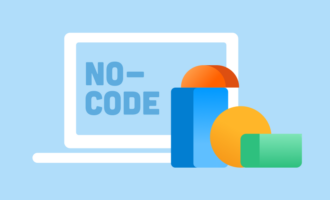
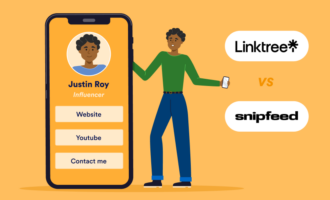











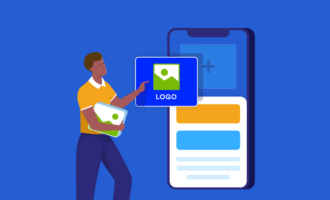


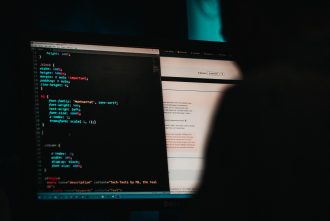





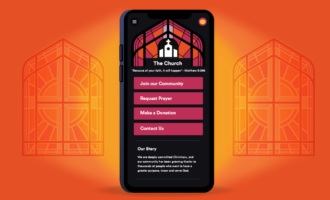
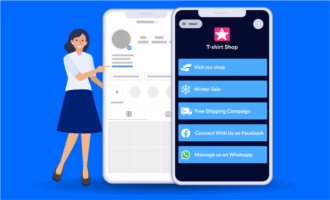

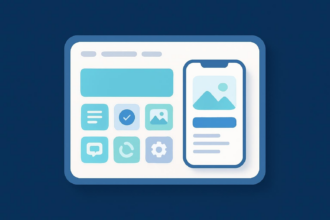























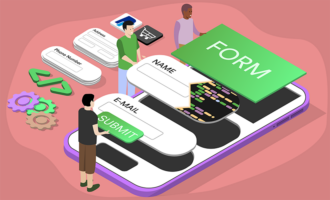
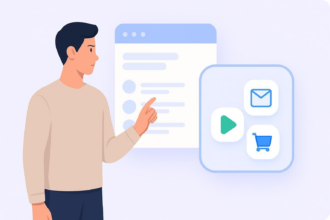










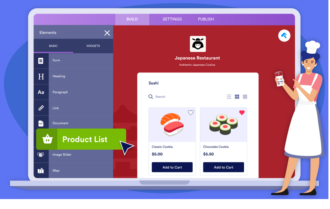


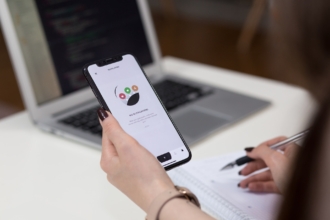

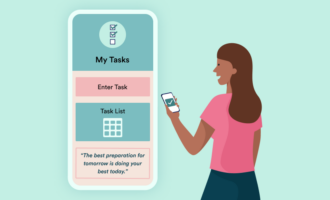
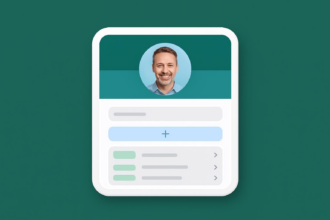

















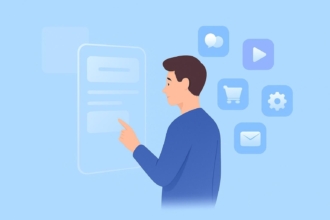




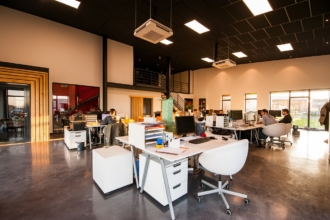

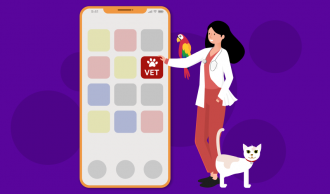




Send Comment: